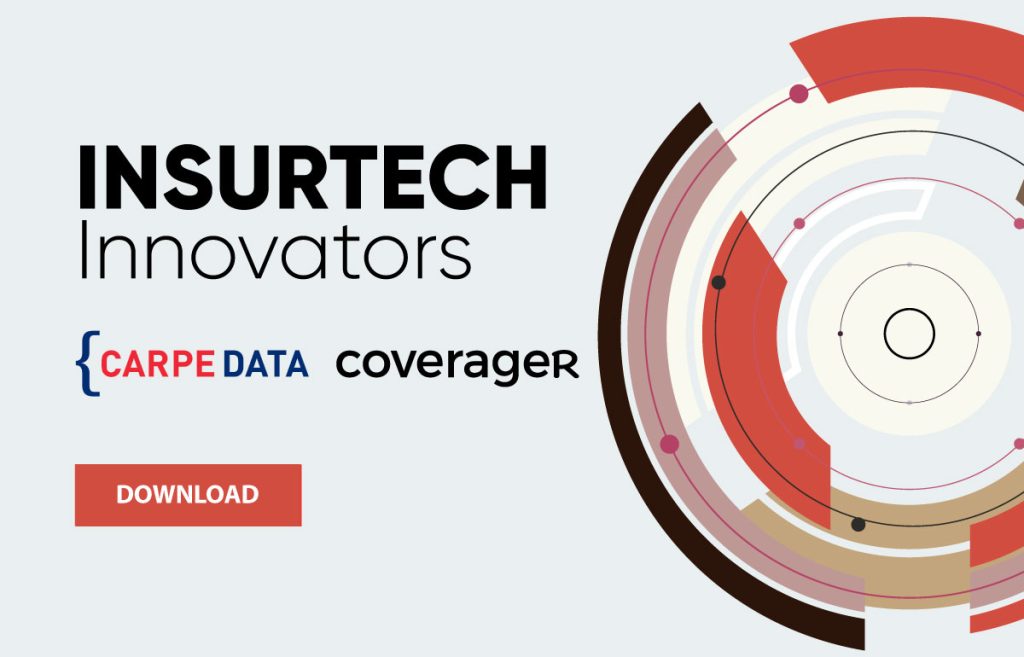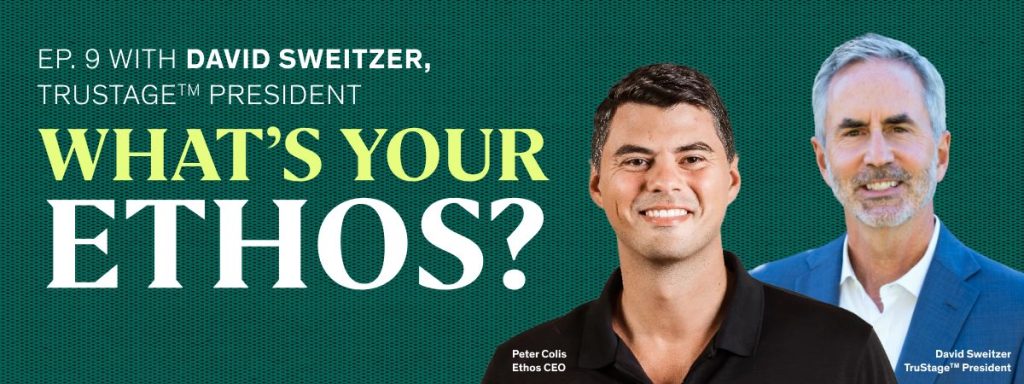When Harry Met Avi
Harry Croydon, founder and CEO of Micro Insurance, is on a mission to make digital insurance a reality. I had the chance to sit with him and talk about insurance, insurtech, and consumers.

Avi: Describe Micro Insurance.
Harry: Micro Insurance is a digital insurance company focused on the under insured, micro businesses and sharing and gig economy. We are developing polices that last an hour, a day, a night, an event, a season. Our policies are designed for specific needs, to support tech and IoT businesses with new channels of distribution, and the product tends to be embedded into the business model of our client.
Avi: What are your goals with Micro Insurance?
Harry: To double the amount of insurance sold globally. Make insurance event-based and relevant to different communities around the world. To make insurance about the claim rather than just the policy – you buy a policy as part of a community, with visibility of claims paid – every day.
Avi: How did you end up in insurance?
Harry: I like data. Spreadsheets used to excite me (today it’s more like AI and Machine Learning). Data driven decisions and knowledge was something I came across when I was at Microsoft in the 1990’s. Then in 1999 (with the internet as a big idea) I met a Lloyds broker and we decided to set up a new insurance company that would insure the internet – lofty idea at the time. To me this was the perfect marriage between big data and big business – cyber insurance, sold online, focused on the growth companies in the US and UK. Since then I have been around insurance technology working for Willis, AON, and AJG to name a few. Insurance is a very interesting space and needs (is getting) a big shake up.
Avi: If you weren’t working in insurance what would you do?
Harry: I would focus on my AI and Machine Learning tools and processes, building something that is global and required. There are so many applications, it’s a bit like what electricity would have been to companies all those years ago. I would find something worth doing with AI (not insurance related) and do it! If you are asking about back in the late 1990’s, I would have taken the idea of e-christmas.com that we built in Microsoft to test out e-commerce. I was super keen on that at the time and I could have gone into retail e-commerce instead of insurance.
Avi: What are your key takeaways from the insurtech movement so far?
Harry: The tech is in many ways the minor part of the puzzle. The tech is not the challenge. The easy thing is to slap on some front end tech to an old policy wording, claims process or renewals etc. The hard part – one we don’t see often – is to take on the challenge end to end, defining better ways of marketing, selling, buying and processing claims all in one place. So to do this I feel you need to have access to insurance capital to do things that are truly innovative. This means you are an insurer or you build an insurer. This is my takeaway – insurance partnerships that are based on delivering innovation are the key.
Avi: What’s the answer for companies offering virtually the same product that’s mostly price driven?
Harry: This is the same for many commodity products. If customers only seem to want to buy on price then this is a failure of the industry. Products need to be relevant, easy to buy, deliver on their core promise and be focused on the community that is demanding/needing/buying the service. Insurance TV adverts would have you believe that insurance is boring, complicated and a fuss – cheap is the only message. Billions are spent every year selling insurance as a ‘joke’ and ‘cheap’. Insurance companies have found it hard to invest in the right tech to make it easy and customer-focused. The insurance business model supports making it really difficult for customers – brokers, agents, attorneys, aggregators, insurance companies, TPAs, etc. mainly focus on product specialism – rather than being customer focused. The answer is to change the business model and be more direct, owning the sale of the policy and dealing with the claim. This will at the very least double the client interaction and link the promise to the sale.
Avi: We’re seeing more and more outside players with strong distribution enter insurance. Why do you think this is happening?
Harry: We talk to capital markets and this is the one thing they want to see – that you can actually sell the product. There are many examples of great ‘insurtech’ ideas that have failed to sell because distribution was not baked in. Insurance people do not like change and if you are going to rely on ‘established’ sales channels then it’s going to take time to sell new products and services. The truth is many things will not work without insurance, so new savvy companies are seeing this and solving insurance in new ways.
Avi: Do you think the future of insurance companies is a B2B play?
Harry: This is my focus. Building insurance into the distribution business models of our client. I think this is a huge growth area. To do this however you need insurance companies to grow new skills and new models to accepts risk based on new concepts.
Avi: Most of the insurtech solutions so far focus on convenience – shortening the buying process and eliminating the need to deal with agents. Why haven’t we seen more innovation around the product itself?
Harry: I believe this is a real failure of many insurtech offerings. They have just put a fancy front end on an old policy and a broken process. Insurtechs have ‘partnered’ with existing insurance markets and they have not allowed changes to the core underwriting process, wordings or claims processes. The buying of insurance is still the focus rather than the whole experience. I am focused on straight through processing, end to end.
Avi: Trov is one example of product innovation but they recently pulled out of the UK, and another company with a similar concept – Back Me Up – is no longer active. What are your thoughts on on-demand insurance?
Harry: This is what Micro Insurance is about. To be successful, innovations need to be based on why customers want to transfer the risk and maybe they don’t. I have said many times insurance is product driven. Customers don’t buy products – they buy something that meets a need they have – often in a moment. It’s why people buy vegetable drinks and not just water – it’s not thirst that the customer a quenching it’s another need. Failing to sell products is failing to understand the needs and solve that. It’s not all in the product.
Avi: What insurtech companies do you find interesting and why?
Harry: Micro Insurance…! … BIMA – for growing insurance across the globe. ByMiles for being tenacious, it takes a lot of grit to get going in insurtech, well done to that team! Shift Technology for their data and approach to the business of insurance – AI, Machine Learning – using the data. ZhongAn, just to show it’s possible – since inception, it has up to 460 million users and has issued over 5.8 billion insurance policies. A significant proportion of its customer base (60%) are aged 20 to 35 and most consumers from this age group bought their first insurance policy through the company.




